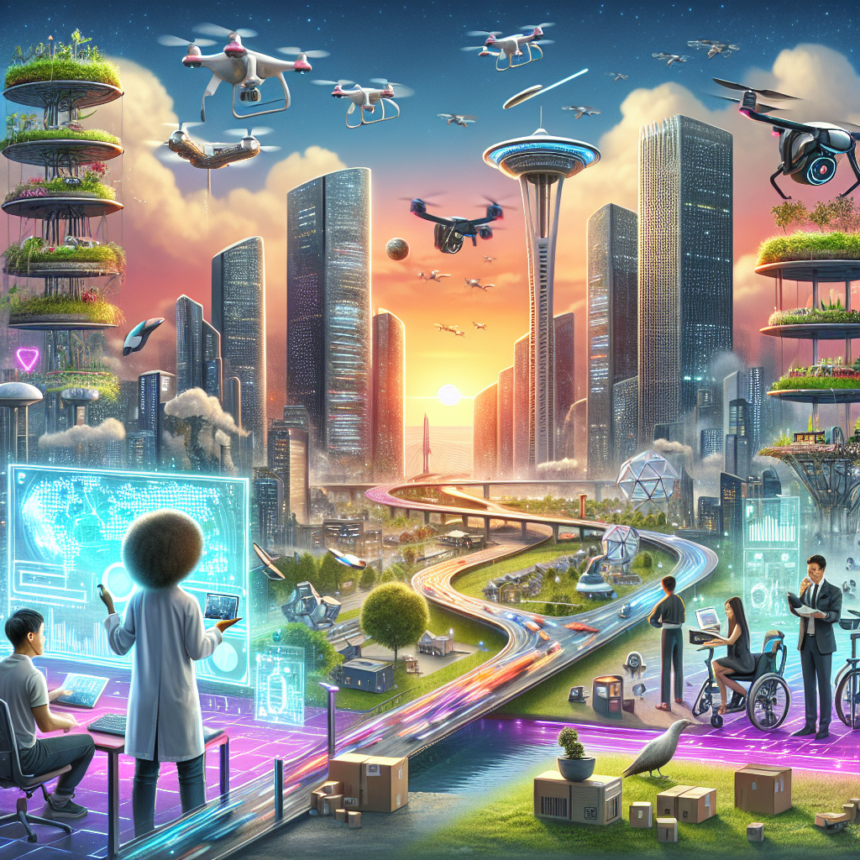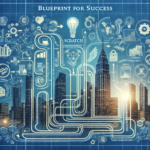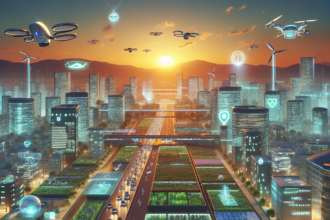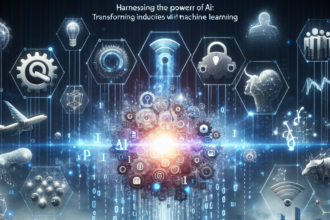As we stand on the brink of an astonishing technological revolution, it’s safe to say that our lives by 2030 will be profoundly influenced by emerging technologies. From artificial intelligence (AI) and machine learning to quantum computing and biotechnology, the innovations on the horizon are set to transform how we interact with the world and one another. Let’s explore some of these groundbreaking technologies and how they are poised to reshape our lives in the coming years.
The Rise of Artificial Intelligence
By 2030, AI is expected to be deeply embedded in our daily lives. Smart assistants will become more intuitive, managing our schedules, and even learning our preferences for tasks and communication. With advancements in natural language processing, these AI systems will not only understand our commands but also engage in meaningful conversations.
In healthcare, AI will revolutionize diagnostics, predicting health issues based on patient data and personal health records. Virtual health assistants will aid in managing chronic conditions, improving patient outcomes, and reducing healthcare costs. Additionally, wearable technology embedded with AI capabilities will monitor vital signs and alert us to potential health risks before they escalate.
The Internet of Things (IoT)
The Internet of Things will connect billions of devices, creating a hyper-connected world. By 2030, everyday objects will be smart—everything from refrigerators that can suggest recipes based on what’s inside to smart cities equipped with sensors that optimize traffic flow and energy usage.
Smart homes will not only improve our convenience but also significantly reduce energy consumption. Home automation systems will monitor usage patterns and adjust heating, cooling, and lighting accordingly. This will lead to greater environmental sustainability and cost savings for households.
Biotechnology and Healthcare Innovations
Biotechnology will undergo remarkable advancements, leading to personalized medicine tailored to individual genetic profiles. By leveraging genomics, treatments will be more effective, reducing trial and error in therapies. CRISPR and gene-editing technologies will enable the eradication of genetic disorders, fundamentally changing the landscape of healthcare.
Moreover, with the integration of AI in drug discovery, therapies that once took years to develop could be expedited, bringing new hope for patients with previously untreatable conditions.
Blockchain and Decentralized Systems
Blockchain technology is set to revolutionize various sectors by ensuring transparency, security, and efficiency. In finance, cryptocurrencies will continue to disrupt traditional banking systems, offering alternative financial services. By 2030, smart contracts could automate numerous transactions and processes across industries, minimizing the need for intermediaries and expediting business operations.
In supply chain management, blockchain will ensure provenance and authenticity, safeguarding against counterfeit products. Consumers will be able to track the journey of products, empowering them to make informed purchasing decisions.
Quantum Computing
Though still in its infancy, quantum computing promises to solve complex problems that are currently insurmountable for classical computers. By 2030, quantum algorithms may enable breakthroughs in material science, pharmaceuticals, and artificial intelligence, allowing us to simulate interactions at a molecular level with unmatched speed and accuracy.
This could lead to the discovery of new materials with incredible properties, catalyzing advances in renewable energy and nanotechnology that could significantly impact climate change and sustainability efforts.
Ethical Considerations and Challenges
As these emerging technologies shape our future, ethical considerations and challenges must be addressed. Questions about data privacy, surveillance, and the digital divide will become increasingly relevant. It will be crucial to implement robust regulatory frameworks to ensure that technology benefits all segments of the population, reducing inequalities rather than exacerbating them.
Conclusion
The convergence of AI, IoT, biotechnology, blockchain, and quantum computing will define the landscape of our lives by 2030. These technologies hold the potential to enhance our quality of life drastically, solve complex global challenges, and propel us toward a more sustainable and equitable future. However, it is essential to navigate the ethical implications responsibly to truly realize the potential of these innovations.
FAQs
1. What is the most significant emerging technology that will impact our lives by 2030?
The impact of emerging technologies can vary based on individual perspectives. However, artificial intelligence and its integration into various sectors, including healthcare and finance, is often highlighted as a transformative force that will significantly alter our daily lives.
2. How will artificial intelligence improve healthcare by 2030?
AI will enhance healthcare through improved diagnostics, personalized treatment plans, and the development of virtual health assistants that will help manage patient care more effectively, ultimately leading to better health outcomes.
3. What role will blockchain play in the future economy?
Blockchain technology will increase transparency and security in transactions, especially in finance and supply chains. It will enable peer-to-peer transactions without intermediaries, reducing costs and increasing efficiency.
4. How can we address the ethical challenges posed by emerging technologies?
Ensuring ethical technology usage will require the development of comprehensive regulatory frameworks, increased public awareness, and collaboration between governments, technologists, and advocacy groups to prioritize data privacy, equity, and the responsible use of technology.
5. When can we expect to see widespread implementation of these technologies?
While some technologies, like AI and IoT, are already being implemented, most predictions suggest that significant advancements and widespread adoption will continue to develop rapidly, primarily through the 2020s leading into 2030.











